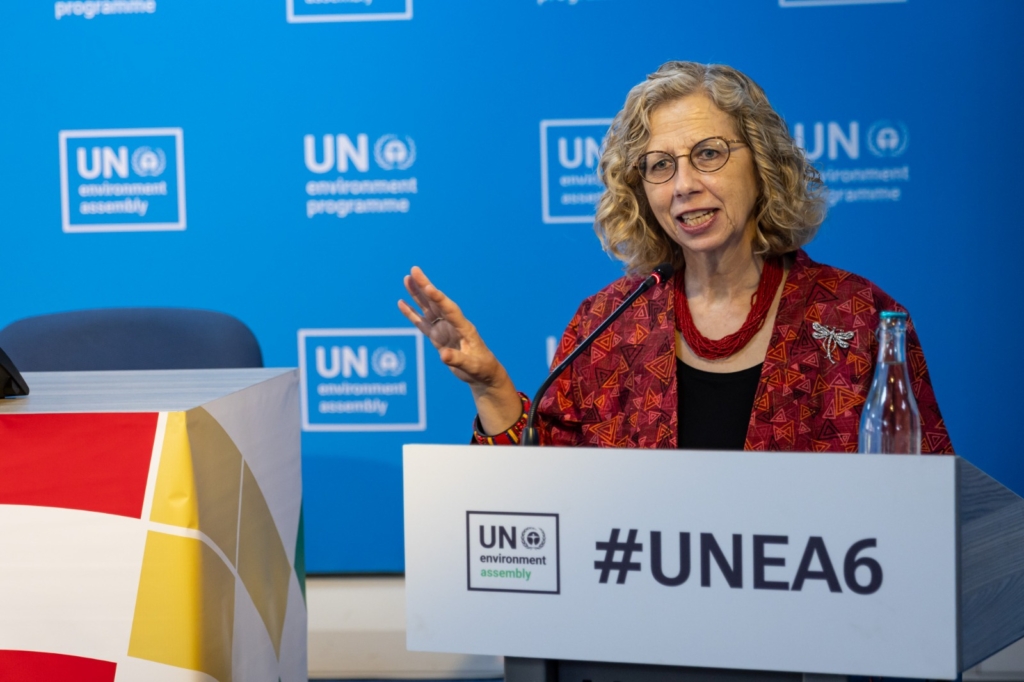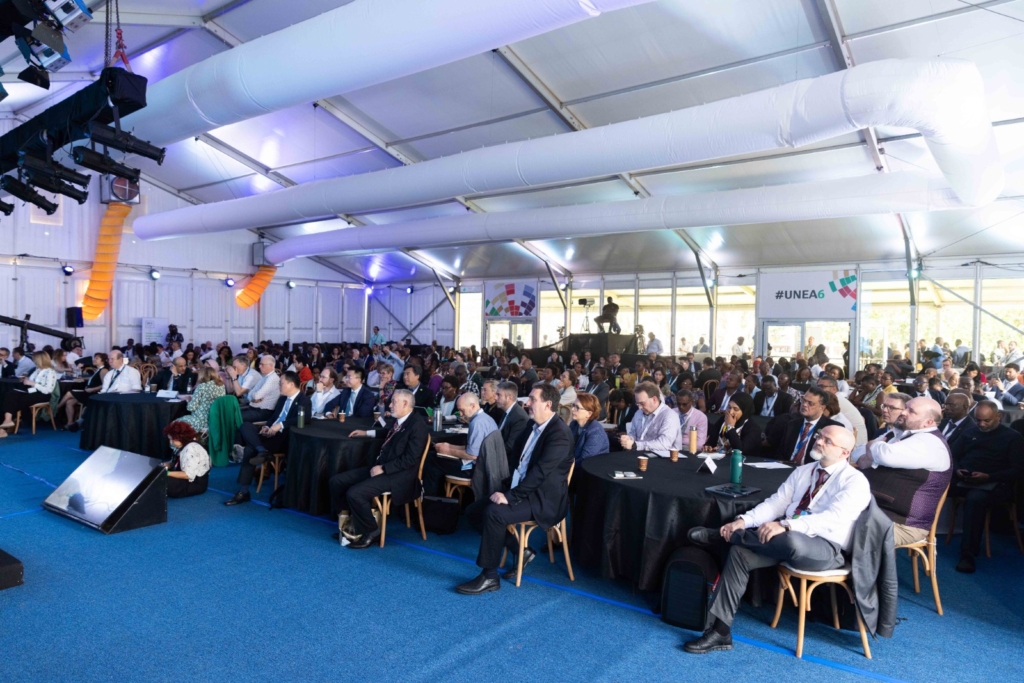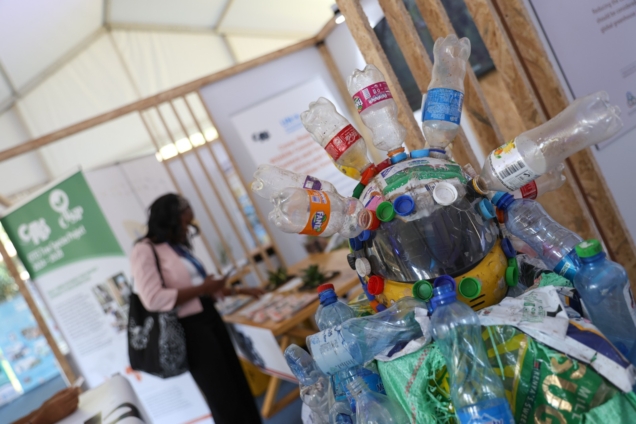A UN report unveiled today, Wednesday, February 2024, underscores the urgent necessity for a worldwide transition from the era of waste to one where garbage is seen as valuable resource.
The report emphasizes that without prompt action on waste management, the annual global cost is forecasted to nearly double by 2050, reaching an astonishing $640.3 billion.
The report predicts that municipal solid waste generation will increase from 2.3 billion tonnes in 2023 to 3.8 billion tonnes by 2050. In 2020, the direct global cost of waste management was approximately $252 billion.
However, when considering the hidden costs of pollution, adverse health effects, and climate change resulting from inadequate waste disposal practices, this figure escalates to $361 billion.
According to the report's modeling, implementing waste prevention and management measures could potentially reduce net annual costs by 2050 to $270.2 billion.
However, projections suggest that transitioning to a circular economy model, characterised by waste avoidance, sustainable business practices, and comprehensive waste management, could yield a net gain of $108.5 billion per year.
Titled 'Beyond an Age of Waste: Transforming Rubbish into Resources', this recent publication by the UN Environment Programme (UNEP) warns of a projected two-thirds increase in municipal waste and nearly doubled costs within a generation, emphasizing the criticality of substantial waste reduction for a sustainable and affordable future.

UNEP’s Executive Director, Inger Andersen highlighted the intrinsic relationship between waste generation and GDP, noting that many rapidly growing economies are grappling with the challenges posed by escalating waste volumes.
She stressed the importance of identifying actionable strategies towards a more resourceful future and underscored the crucial role of decision-makers in both the public and private sectors in transitioning towards a zero-waste paradigm.
“….. this Global Waste Management Outlook can support governments seeking to prevent missed opportunities to create more sustainable societies and to secure a liveable planet for future generations,” Madam Andersen said.
The GWMO 2024 serves as both a guide and a rallying cry, urging collective action to drive bold and transformative solutions. It aims to reverse the detrimental effects of current waste management practices and deliver tangible benefits to every individual worldwide.
President of the International Solid Waste Association (ISWA), Carlos Silva Filho, emphasized the pivotal role of these actions in expediting the realization of the 2030 Agenda.
“As a partner and supporter of the GWMO since its inception, ISWA will ensure it is now disseminated and implemented on the ground by providing the support needed to address the challenges currently observed," Mr Filho said.

The lead author of the report, Zoë Lenkiewicz, stressed that the findings underscore the urgent need for a global shift towards a zero-waste approach. She emphasized the importance of enhancing waste management practices to mitigate pollution, greenhouse gas emissions, and adverse effects on human health.
Madam Lenkiewicz highlighted the fact that waste pollution transcends borders, making it imperative for all stakeholders to commit to waste prevention and invest in areas lacking proper waste management infrastructure.
“The solutions are available and ready to be scaled up. What is needed now is strong leadership to set the direction and pace required, and to ensure no one is left behind,” said Zoë Lenkiewicz.
Known as UNEP's Global Waste Management Outlook 2024 (GWMO 2024), the report offers the most comprehensive update on global waste generation and management costs since 2018. Through meticulous life cycle assessments, the analysis illuminates the potential benefits and drawbacks of maintaining the status quo versus embracing the transition to zero waste and circular economy societies.
Latest Stories
-
Swearing-in uncertainty looms over Techiman South, Okaikwei Central, Tema Central
8 minutes -
The next administration of President Mahama: Expectations, experimentation and possible exasperation
22 minutes -
Akufo-Addo dismisses petition against Chief Justice over lack of evidence
24 minutes -
Biden bans offshore drilling across vast area of US
30 minutes -
Ghana’s post-election violence is a window into an ominous future averted—or postponed
58 minutes -
Ghana football at a crossroads – Accra Lions call for integrity and reform
2 hours -
60 out of 100 bills passed into law in the last 4 years – Bagbin
3 hours -
Julius Debrah leads charge as Mahama makes first major appointments ahead of inauguration
3 hours -
Afenyo-Markin is wrong, ORAL is widely accepted by Ghanaians – Ahmed Ibrahim
4 hours -
Thousands rock AfroRave 2024 for Afrocentric extravaganza
4 hours -
RYTHM in Action: QNET donates food and other essentials to the Potter’s Village Orphanage
4 hours -
Akufo-Addo denies reports of presidential pardon to 11
4 hours -
Ambulance case: Gov’t didn’t want to jail you at all cost – Afenyo-Markin to Ato Forson
5 hours -
Minority was a thorn in my flesh – Afenyo-Markin
5 hours -
Minority Leader’s full address on dissolution of 8th Parliament
6 hours

